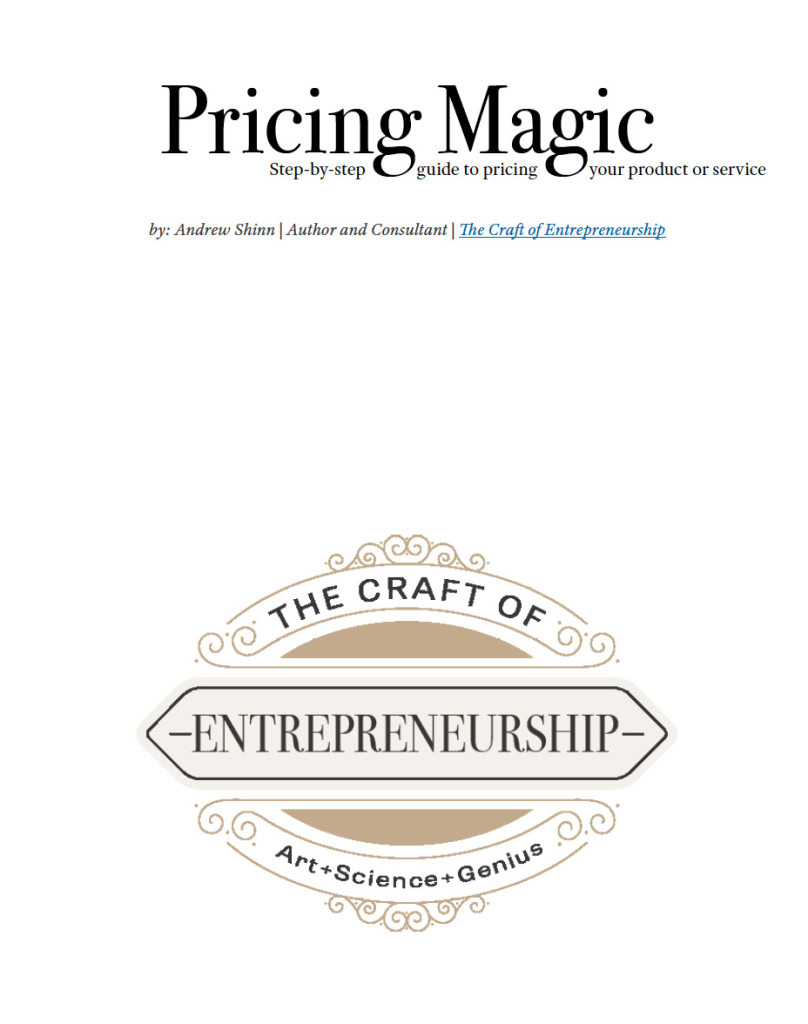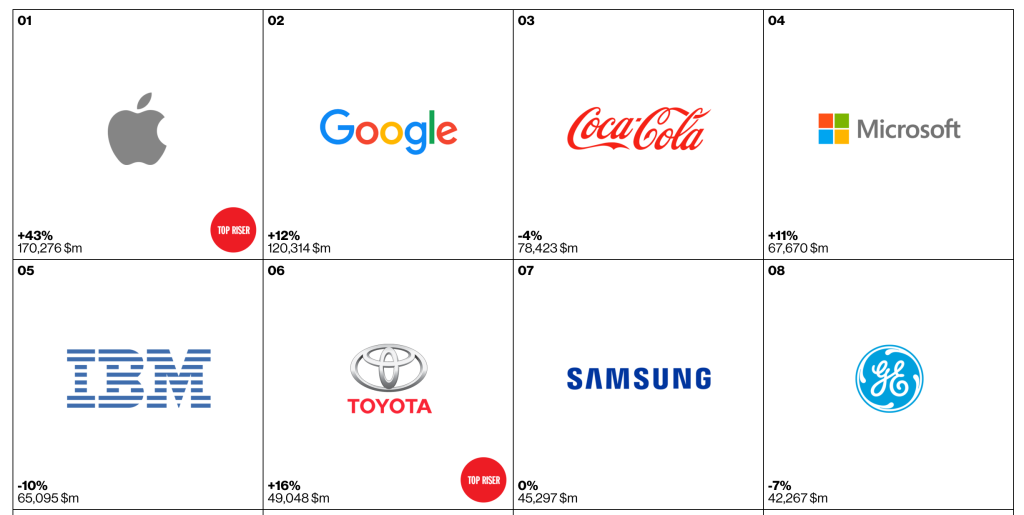Crowdfunding? Beware!
Sites like Kickstarter, Indiegogo, and GoFundMe have given entrepreneurs exciting options for funding the development and creation of a business or product. But not every experience with crowdfunding is a good one. There are some important pitfalls to keep in mind!
Lessons from failure: The Coolest
One of my favorite crowdfunded products is The Coolest. Before watching the video above, I didn’t know how much I wanted something like this! The inventor of the Coolest, Ryan Grepper, raised more than $13 million to bring his dream to life! Unfortunately, this entrepreneur’s dream turned into a nightmare.
Raising a lot of money to develop a product seems like a good idea. But it only works if you’ve calculated your pricing correctly before you start raising! Grepper’s mistake was pricing his Kickstarter rewards too low: he lost money with every unit promised. Part of this was because of production problems and supplier issues. Many of the assumptions he made when calculating his pricing didn’t bear out.
The solution: a change in thinking
Instead of thinking about crowdfunding as a way to gain startup capital, it’s more useful to think about crowdfunding as a mechanism for pre-selling products. Only the margin above your costs should be thought of as startup capital. For Grepper, increasing his margins when setting his pricing would have given him the financial latitude to overcome his production problems.
Doing it right: Peak Design
Peak Design’s Travel Tripod is their 12th Kickstarter project. They don’t use Kickstarter for startup funding; they use it as a sales channel. Can you use a sales channel for startup funding? Yes, and this is a strongly encouraged practice! But only plan on being able to use the portion of your sales that you would otherwise call profit to cover your startup costs.
Avoid mistakes: pricing it right!
For more help with pricing, see our Pricing Magic Course or Pricing Magic eBook! And if you want some more personal attention, you can hire Andrew as an entrepreneurial coach.

Pricing Magic Course – Videos, eBook, and Spreadsheet
This set of tools will walk you through the process of setting prices for your product or service!
It has helped hundreds of entrepreneurs go through the ins and outs of pricing. This pack has been updated and comes with a spreadsheet that walks you through the process of setting prices from a real-world, practical perspective with solid theoretical and academic foundations, a video walkthrough of the process, and an eBook with FAQs, definitions, and special cases. Download it today, use it tonight, and succeed tomorrow!
Included:
- Video Series
- eBook
- Spreadsheet tool





